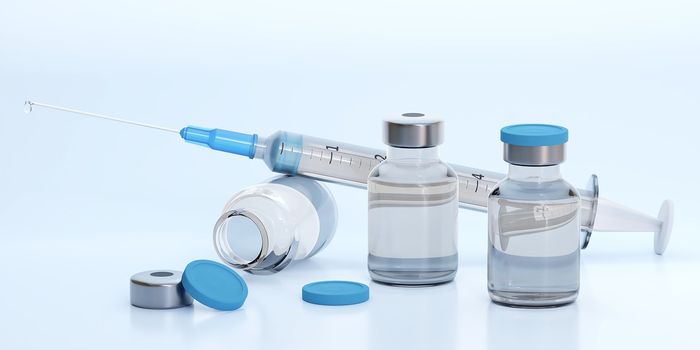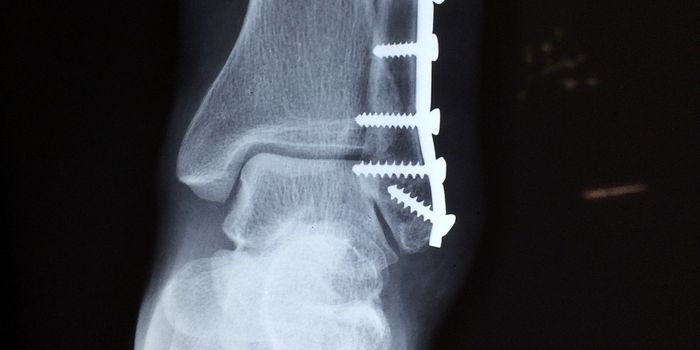Treating Hearing Loss: A Set of Inhibiting Drugs Provide Promising Results
Our inner ears contain roughly 30,000 tiny hair cells that work to detect sound waves as well as to translate these waves into nerve signals. The nerve signals allow us to hear everyday sounds from speeches to music.
However, any damage to the hair cells leads to hearing loss, a condition that affects 48 million Americans. The damage may result from exposure to high amounts of noise, natural aging, as well as some chemotherapeutic drugs and antibiotics. Unfortunately, there are currently no FDA-approved medications that can treat or prevent hearing loss.
Now, a recently published study in the Journal of Experimental Medicine, claims that inhibiting the function of an enzyme known as cyclin-dependent kinase 2 could reverse hearing loss and save millions of affected individuals. Inhibiting cyclin-dependent kinase 2 (CDK2) in model rodents resulted in protecting the hair cells from damage. Since there are no FDA-approved drugs on the market to treat hearing loss, CDK2-inhibiting drug may be a great candidate if proven safe and effective.
The research study originally examined roughly 4,000 drugs that protect hair cells from damaging effects of a chemotherapeutic drug called cisplatin. The study identified compounds that protected cochlear cells from cisplatin, including some that are approved in the treatment of other conditions.
Cisplatin is effective in treating cancer however one of the major side-effects is inducing hearing loss in up to 70% of patients. However, researchers found that induction of hearing loss due to cisplatin is reversible when the screening of drugs found three CDK2 inhibitors that provided the greatest efficacy. The most effective of these CDK2 inhibiting drugs was a compound called “kenpaullone”. The research study identified compounds that provided protection of cochlear cells from cisplatin, several of which are already approved to treat other conditions. Three of the ten most effective compounds were inhibitors of an enzyme called CDK2. One of these CDK2 inhibitors, kenpaullone, was more effective than four other compounds that are currently in clinical trials for treating hearing loss.
Investigators found that injecting kenpaullone into the middle ear of mice blocked CDK2 from processing the production of toxic reactive oxygen species, a damaging biological agent developed from the cells mitochondria. The mice were protected from the adverse effects of cisplatin-related hearing loss when administered with kenpaullone.
Furthermore, the study also found that kenpaullone protected mice from damage due to high decibel noise, preventing hearing loss. "Given that 100-[decibel] noise is in the range of noise insults commonly experienced by people in our society, kenpaullone could have significant clinical application in treating noise-induced hearing loss," says lead researcher, Dr. Jian Zuo.
The research team believes that a single kenpaullone injection may be so powerful to protect hearing, as demonstrated in mice. "The robust protection conferred by one-time local delivery of kenpaullone suggests that CDK2 inhibitors may transform the clinical prevention and treatment of cisplatin- and noise-induced hearing loss in patients," says Dr. Jian Zuo, "Modifications of the treatment regimens, additional optimization of the delivery methods via the use of hydrogels, and structural modifications of the compounds via medicinal chemistry could ensure even better results with CDK2 inhibitors in treating hearing loss in humans”.
Sources: Journal of Experimental Medicine, Medical News Today, Science Daily









